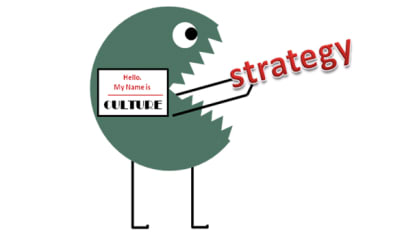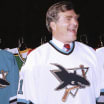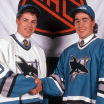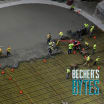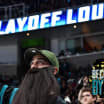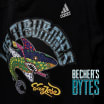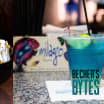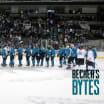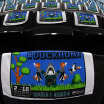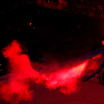Early in my leadership career, I was faced with an organizational crisis which taught me that "culture eats strategy." In a very real sense, no matter what business strategy or strategic plan you try to implement, it is unlikely to be successful if the people responsible for implementation aren't passionate about the change or - worse still - are apathetic about their jobs and the organization. It's why I emphasize that "a passionate team beats a talented group." Even though studies have shown there is a correlation between a "healthy, productive culture and a company's bottom line", most companies spend much more time working on their business strategy than their company culture. As such, I was pleasantly surprised by how much coverage the topic of culture received at the 2019 SEAT conference, an annual event for sports & entertainment professionals. While the conference was organized around the concurrent tracks of digital marketing, data & business intelligence, and venue technology & design, issues related to culture surfaced throughout. (Read my event summary here.)
Becher's Bytes: Importance of Culture to Business Performance in Sports

